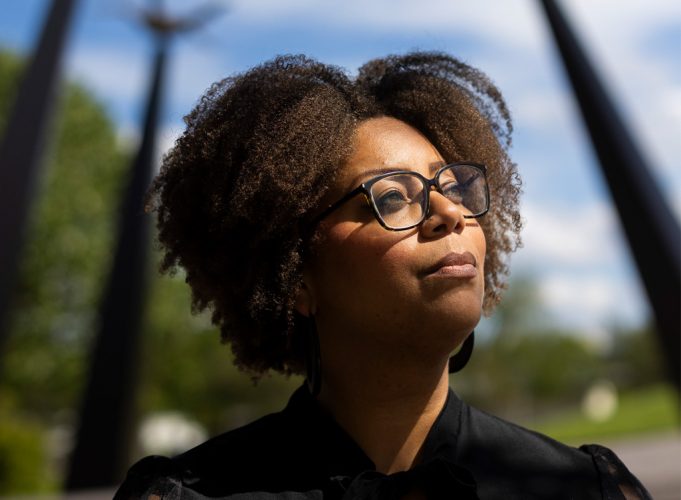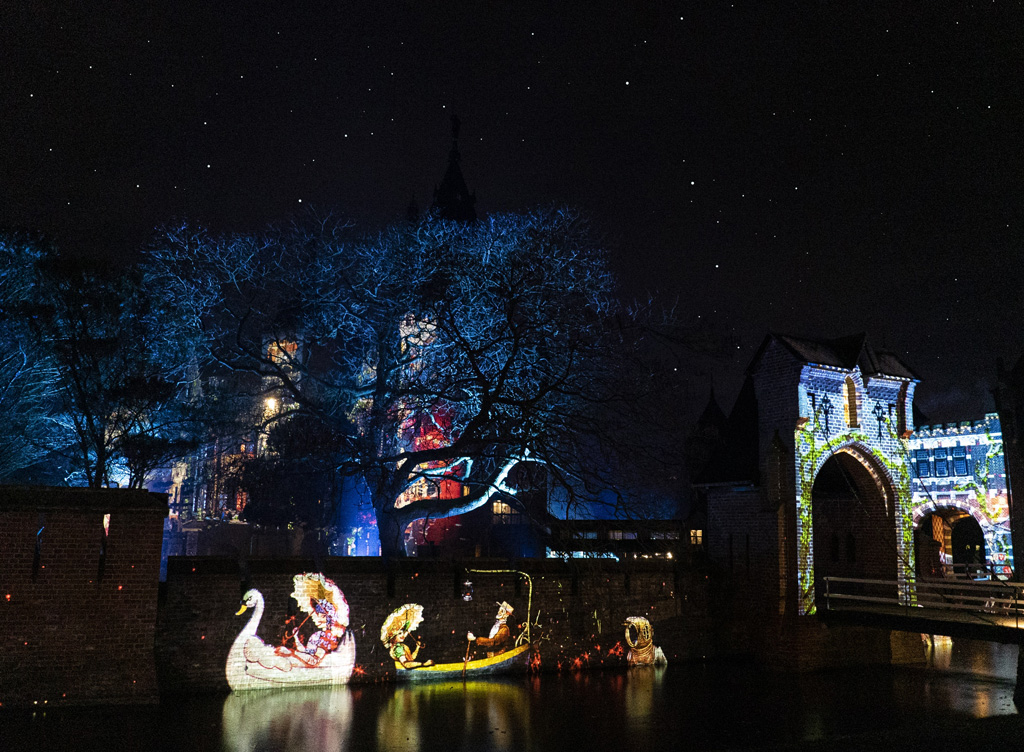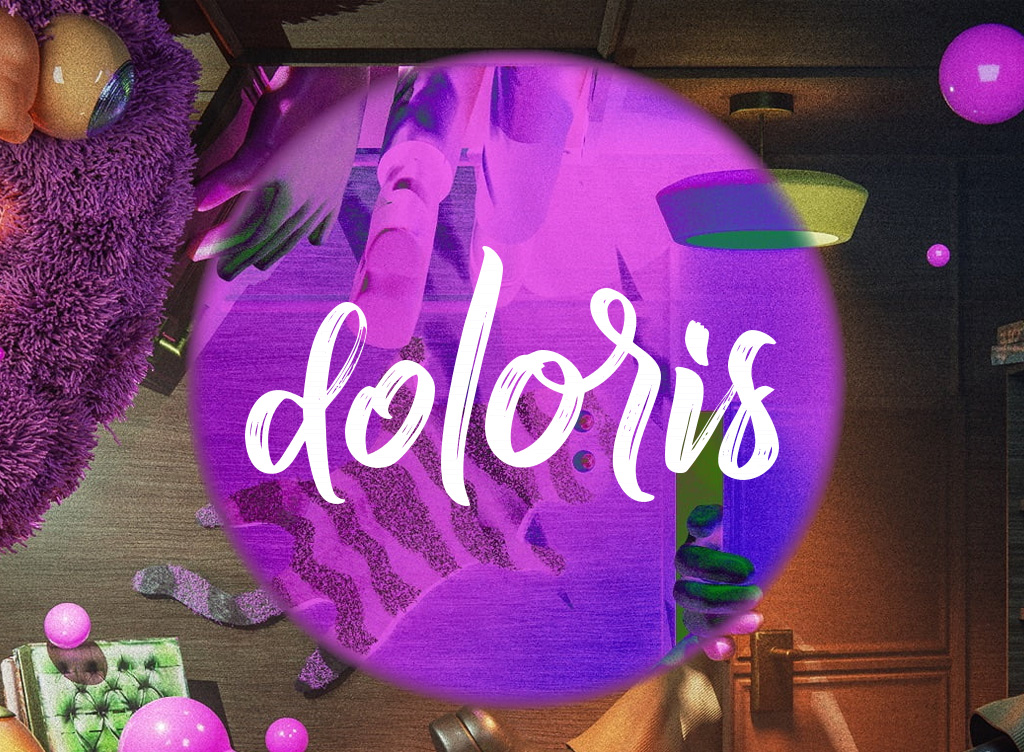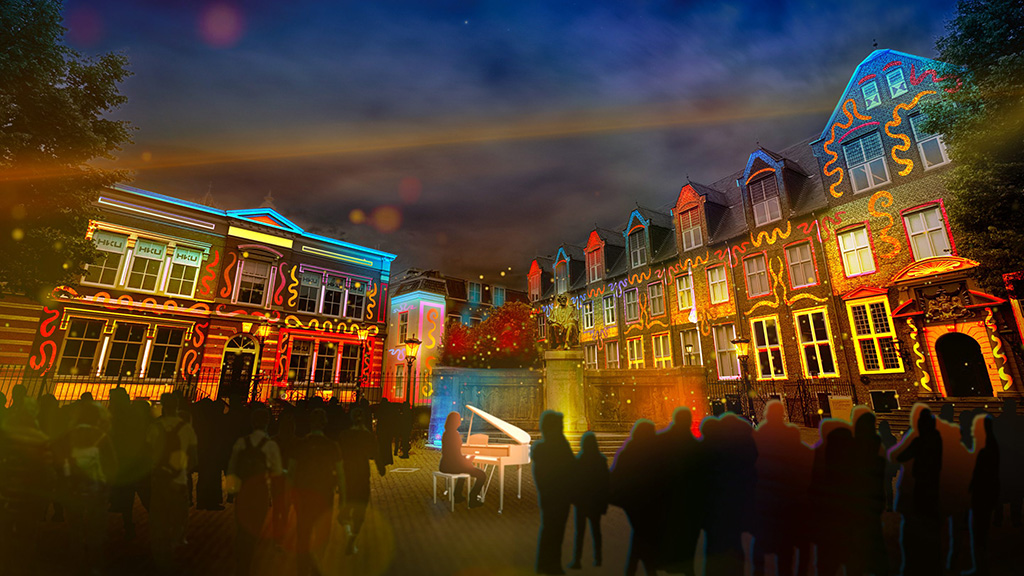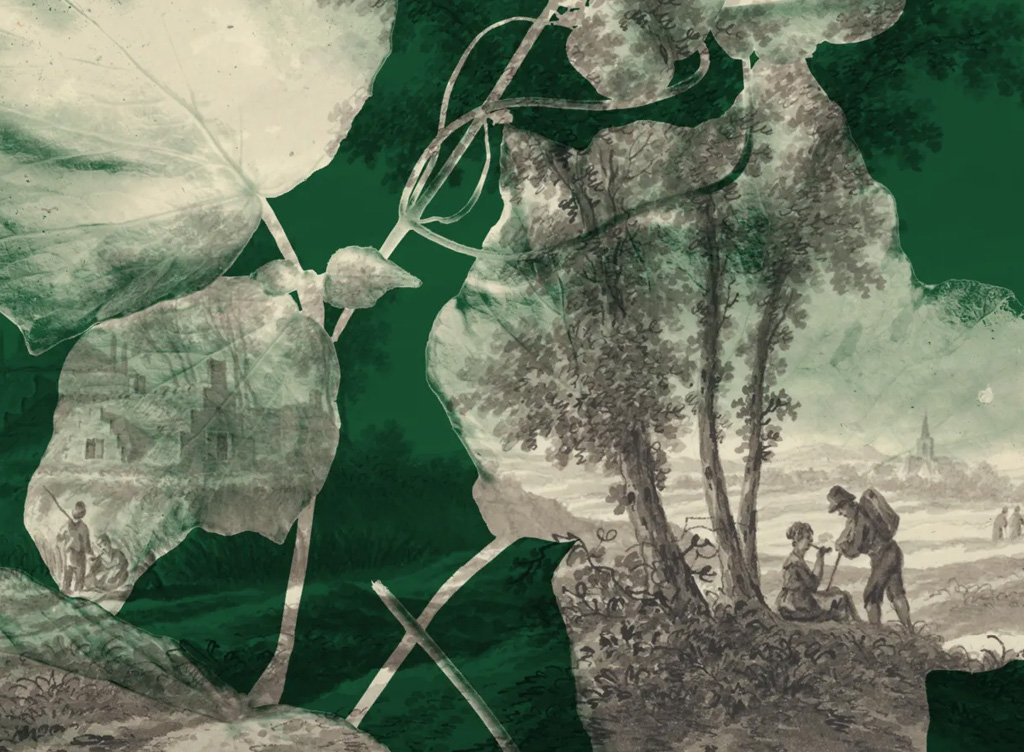She took over from Leroy Lucas as chair of the Utrecht 30 June / 1 July (Keti Koti) Committee. Jennifer Ferrier hopes that drawing more attention to the history of the transatlantic slave trade will bring the people of Utrecht together. ‘This past is an intrinsic part of the city and needs constant attention.’
Jennifer is always on the go. She starts her day with a bike-ride or walk with her husband. Her job at the Rabobank involves guiding young professionals in their personal development. She has a busy family life with five children and still finds time for yoga, tai-chi, reading, cooking and travel. And now she’s also chair of the Utrecht 30 June/1 July Committee, an organization that commemorates slavery on 30 June, and celebrates the resilience of enslaved ancestors and regained freedom on 1 July.
It’s a matter of time management and maintaining a balance, says Jennifer. ‘I involve my family in everything. I sometimes ask them for input for the commemoration and celebration activities. These activities are aimed at young and old, so I ask my parents and grandparents for ideas too. I ask them what they’d like to see, hear, taste, smell. After all, it’s their history too. My parents helped with the part of the programme about intergenerational dialogues.’
Family stories
Open conversations about racism and the slavery history – Jennifer was brought up with them. ‘My parents always had lots of books in the house about Suriname and the slavery past. I read them all. Then we talked about what we’d read and shared stories about our family. I’ve got those books now and I want to pass this history on to my children. I seem to be managing: one of my daughters is doing a project at school about Suriname.’
Other relations helped to build up Jennifer’s knowledge of her roots and culture. ‘We explored our family tree during a family day. We’ve got a huge family and this way, we heard each others stories about our upbringing, about certain recipes and about inland Suriname, about what it was like to migrate to the Netherlands.’
Jennifer is pleased to have acquired so much information knowledge from her own family and relations. ‘Going in search of your roots is usually a solo experience, but I learned so much more by doing it together. It was heartwarming.’
Up close and personal
It’s second nature to Jennifer to talk to people she knows and people she doesn’t know about these topics. ‘Sharing your experiences is a way of connecting. But the way you talk about them is important. The best way to start a real dialogue is to keep things up close and personal.’
Inspired by this idea, Jennifer decided to apply for the vacancy of chair of the Utrecht 30 June / 1 July Committee, so that she could be more involved in passing on knowledge of the transatlantic slave trade and the long-term consequences. Slavery Memorial Year runs from 1 July 2023 to 1 July 2024. Various activities are being organised throughout the Netherlands, including in Utrecht. Jennifer knows that the city is paying more attention to this past, but wonders how many Utrechters have noticed. ‘It’s the history of the city, the province, the country, and it deserves more attention. I think that Utrecht should try to keep this topic in the public eye, through guest lessons at schools, guided city tours, exhibitions, organised discussions. This is the only way to truly acknowledge and address the ongoing impact that the slavery past is still having today. I hope that people will eventually stop being surprised that we can still see the slavery past in systems such as education and in policy. It’s important that we are all willing to look in the rearview mirror.’
Powerful symbol
She also thinks that the monument to slavery in Griftpark (Vlucht en Verzet) could play a role. ‘It’s a beautiful, powerful and meaningful symbol,’ Jennifer continues. ‘It could be a place where people find peace and perhaps start their healing process. I want local schools to help work out how we can bring the monument to life. Perhaps by laying flowers there every year, or by having schoolchildren clean it every now and then. Something that makes it clear that the slavery past is a shared responsibility. The monument not only symbolises the resilience our ancestors, but also the resilience that we draw on every single day. After all, ethnic and racial profiling are not a thing of the past.’
Jennifer knows all too well that it takes time to raise awareness and pass on information. ‘But recognition and dialogue are important first steps on the path to change. We can only influence the present and future if we act together.’ The memorial and celebration of Keti Koti are essential in this respect. ‘Walk through Griftpark on those days and feel the warm glow created by the people, the music, the food and different cultures, then you’ll realise that everyone is welcome and that it’s all about being appreciated for who you are.’


